15 Reasons People Hate Cats
Cats might be beloved companions in millions of homes, but not everyone shares that affection. For every devoted cat owner, there’s someone who finds them frustrating, aloof, or downright unpleasant. Here are some of the reasons why people often feel that way about cats.
Allergies Strike Hard
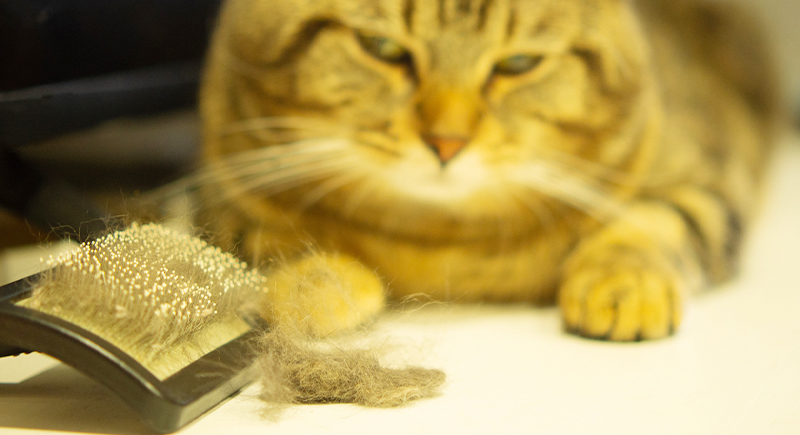
Credit: iStockphoto
Dander is the big culprit here. The microscopic flakes that cling to fur and float through homes can spark sneezes and stuffy noses in about 10 to 20 percent of people worldwide. They linger even in the air, making living with a cat miserable for anyone sensitive to them.
Childhood Run-Ins

Credit: iStockphoto
A cat scratch, a hiss in the face, or a frightening encounter at a young age often shapes opinions for life. Even minor incidents leave vivid impressions, and those early memories can make people wary decades later.
Unwanted Garden Visitors
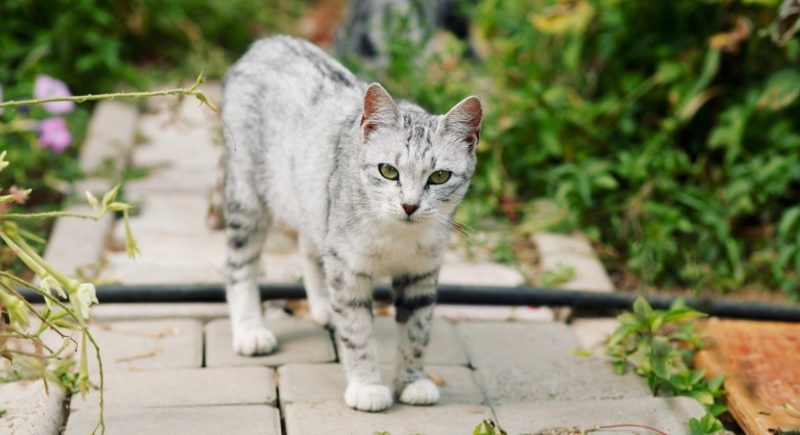
Credit: Canva
Felines love soft soil and flowerbeds as outdoor litter boxes, and leave unpleasant surprises behind them. Their digging can damage plants and disturb vegetables. Unlike dogs, which are usually supervised, neighborhood cats wander freely, which means homeowners have little control over their visits.
Strange Noises At Night
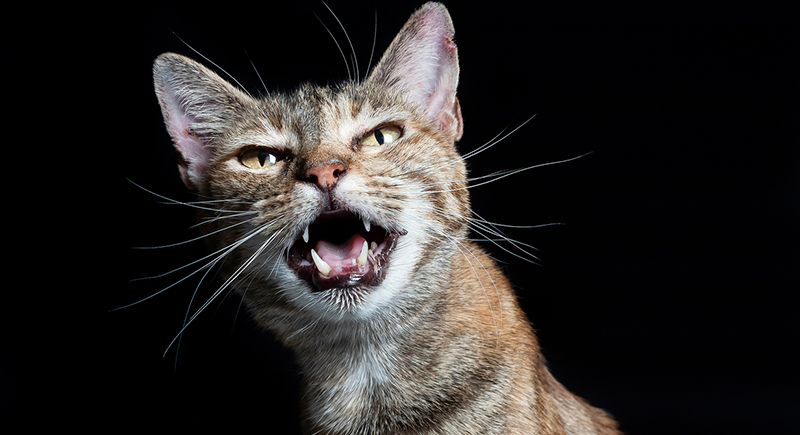
Credit: iStockphoto
Few sounds are as unsettling as two cats fighting outside a bedroom window. Their shrieks and yowls can wake up entire neighborhoods. Because cats are naturally territorial, they often clash when roaming, especially during mating season.
Furniture Casualties

Credit: Getty Images
Scratching is instinctive for cats, but the results often horrify owners. Sofas, carpets, and even wooden doors bear the marks of their claws. This habit isn’t about spite, either. Cats sharpen their claws and mark territory in the process. The shredded look of expensive furniture makes it hard to forgive.
Generational Pet Divide
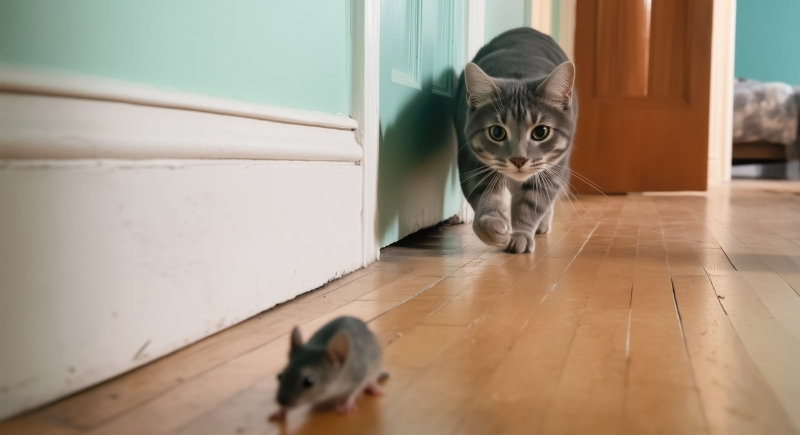
Credit: Canva
Dogs symbolized loyalty and protection, while cats were often relegated to rodent duty around barns and grain stores. That history sticks with older generations who still see canines as the “real” family pet. Growing up in a dog-centric era makes it harder to understand why anyone would choose an aloof cat.
Birds And Small Animals
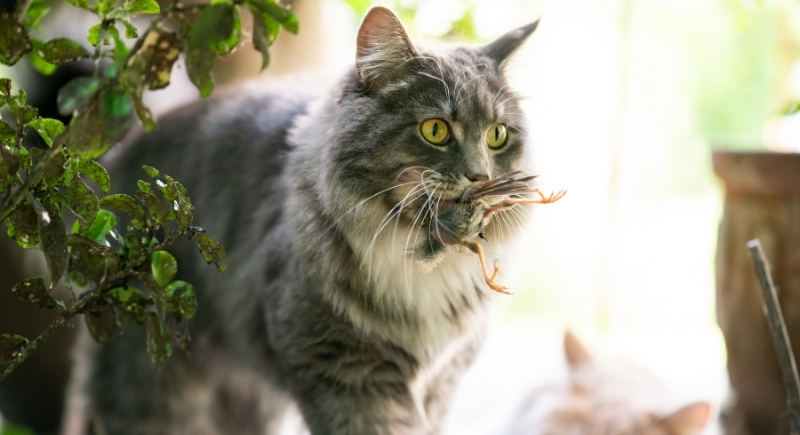
Credit: Getty Images
Cats have remarkable hunting instincts. Studies in the United States estimate that domestic cats victimize billions of birds and mammals annually, with feral and outdoor cats responsible for most of the damage. Even well-fed pets may stalk and target wildlife without eating it.
The Mysterious Litter Box
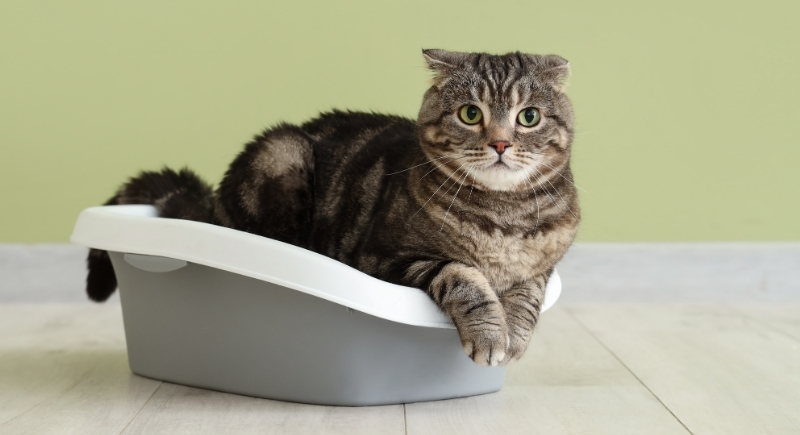
Credit: pixelshot
Some people find a box of sand filled with waste a tough sell. Even diligent owners struggle with odors or the occasional accident on the carpet. Dogs may need walks, but at least the bathroom isn’t in the living room.
Travel Troubles
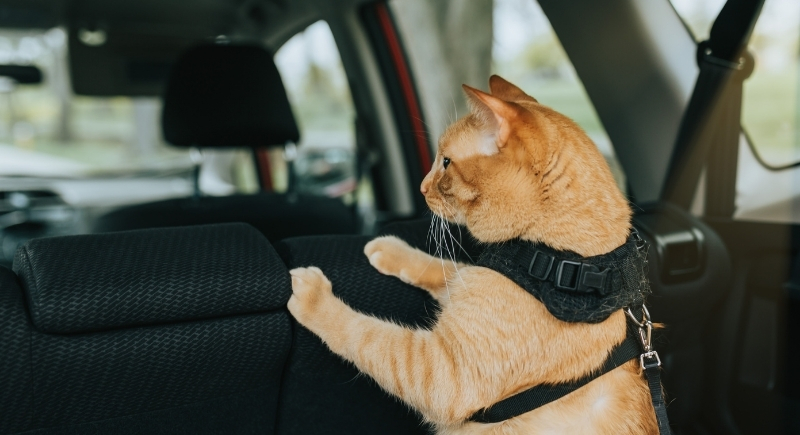
Credit: Getty Images
Most cats aren’t road-trip material. Put one in a carrier, and you’ll likely hear mournful yowls the whole drive. Many hide or even injure themselves trying to escape. They see vehicles as loud, stressful prisons. Taking them to the vet becomes an ordeal, and long trips are nearly impossible.
Aloof Behavior

Credit: iStockphoto
This cool behavior can feel like rejection, especially to people who expect affection. Studies suggest cats domesticated themselves rather than being bred for obedience, which helps explain their self-reliant streak.
Nighttime Antics

Credit: Canva
Cats are naturally crepuscular, which means they’re most active at dawn and dusk. Unfortunately, that often translates into middle-of-the-night sprints down hallways, pawing at closed doors, or meowing for attention. Sleep-deprived owners quickly grow tired of these habits.
Constant Shedding
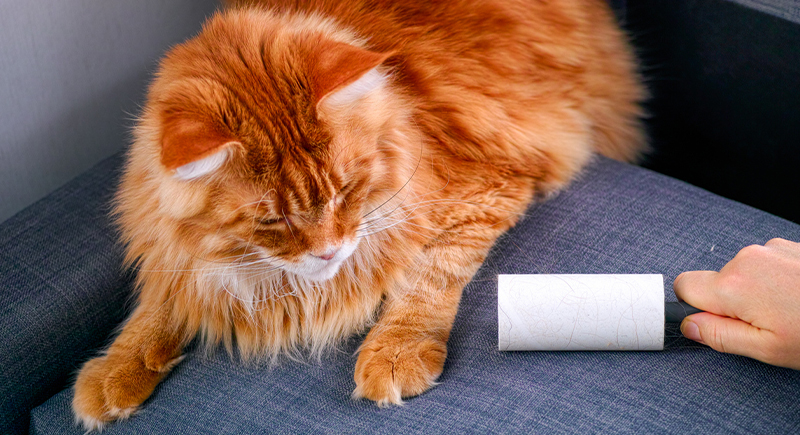
Credit: iStockphoto
Sit on the couch, pick up a jacket, walk across the rug—there’s fur waiting. Short-haired cats don’t spare you, either. A lint roller and vacuum might slow it down, but the strands keep coming, and anyone who wants a spotless space is in for a daily fight.
Food Fussiness
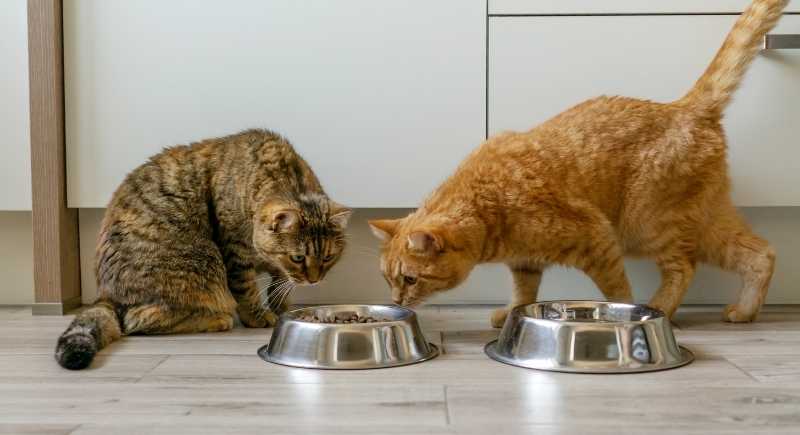
Credit: Getty Images
Some people are baffled by cats’ reputation for being picky eaters. One week, they’ll devour a particular brand, the next, they’ll turn their noses up at it entirely. Owners frequently stock multiple varieties in search of something acceptable, which leads to wasted food and higher grocery bills.
Territorial Attitudes
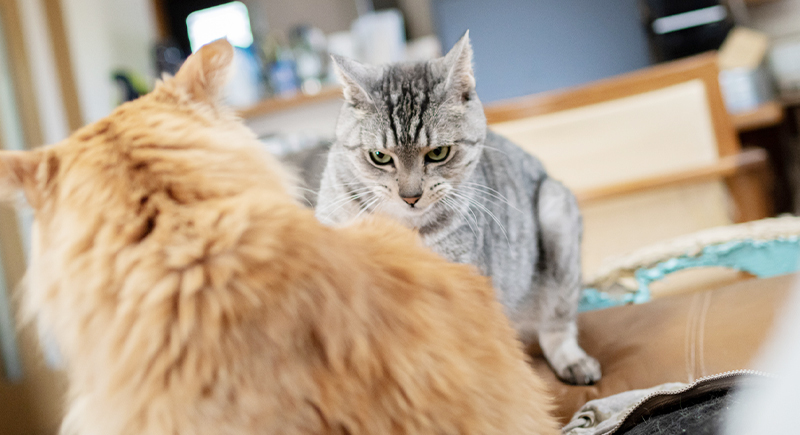
Credit: iStockphoto
Bringing something new into a cat’s space can be risky. A second cat or even a fresh piece of furniture is enough to spark hissing or sulking. Cats are wired to defend their turf, and that can create tension in multi-pet households.
The “Crazy Cat Person” Stereotype

Credit: Canva
Pop culture hasn’t done cats many favors. Sitcoms and news stories often reinforce the idea of eccentric cat owners surrounded by dozens of pets. While playful, the stereotype paints cats as the animal of choice for loners or quirky personalities. That association makes adopting a cat less attractive.